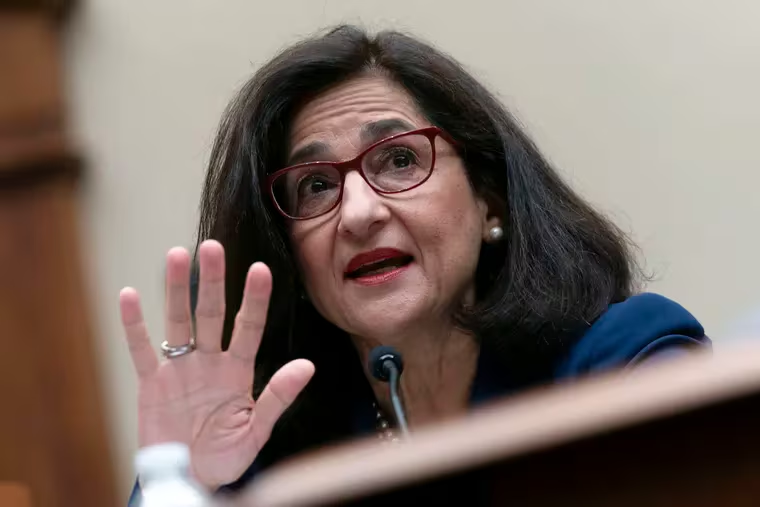Columbia University recently announced it would not hold its main graduation ceremony as initially planned, following disruptions caused by pro-Palestinian protests on campus. Instead, the Ivy League institution will focus on school-level ceremonies as the “centerpiece” of commencement activities, with graduates honored individually.
The decision came after feedback from deans and student leaders indicated a preference for smaller, school-based celebrations. According to a university statement, “Our students emphasized that these smaller-scale, school-based celebrations are most meaningful to them and their families. They are eager to cross the stage to applause and family pride and hear from their school’s invited guest speakers.” In response to the protests, Columbia University has also relocated several events initially scheduled for the South Lawn to other locations, primarily at the Baker Athletics Complex.
The decision follows significant disruptions caused by the protests, which began in response to the Israel-Hamas conflict. The protests led Columbia University President Minouche Shafik to request police presence through May 17 to maintain order. Columbia had already shifted to remote learning and hybrid classes amid the protests, which escalated after demands for the university to divest from Israel were rejected.
The chaos and subsequent cancellation of the main commencement event has drawn criticism, particularly from House GOP Conference Chairwoman Elise Stefanik (R-NY). She labeled the cancellation an “unbelievable failure of leadership” and criticized the university for “weakly negotiating with the pro-Hamas terrorist encampment”. Stefanik expressed disappointment for students and their families, who would miss out on the celebratory event after years of hard work.
As the protests and responses continue, the focus now shifts to the smaller, school-based celebrations at Columbia University. The broader conflict highlights the complexities universities face in navigating political protests while maintaining traditional events. Despite the challenges, the university’s decision reflects an effort to prioritize meaningful celebrations for its students amidst ongoing disruptions.

